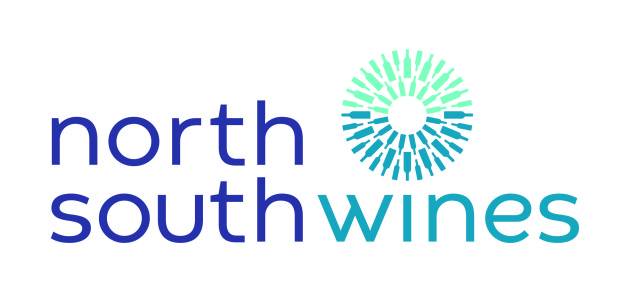
30% MUP rise in Scotland throws up challenges for retailers
The overall efficacy and knock-on effect to businesses from minimum unit pricing (MUP) is in the crosshairs once again following the news that the floor price for alcohol will rise from 50p per unit to 65p in Scotland, further adding cost and margin pressures for retailers.
Scotland set a major precedent in the battle to combat problem drinking in 2018 when it became the first country in the world to introduce an MUP policy with a view to targeting the availability of cheap, high-strength beverages by ultimately making them less affordable.
The latest chapter in this evolving story came on 30 September, when the Scottish government announced the original price of 50p will rise by 30% to 65p in order to keep up with inflation.
Many, like Andrew Lundy, director and owner of Edinburgh-based wine retailer Vino, see the wider benefit to society.
“Scotland, like other northern countries in Europe, has a difficult relationship with alcohol and substance abuse,” he said. “Stopping is difficult when you are faced with shelves of alcohol in convenience stores and supermarkets at very cheap prices.”
Yet the social impacts which form the basis of MUP’s implementation are still unclear, as alcohol-related deaths in Scotland have continued to rise at alarming rates. According to the latest figures from the National Records of Scotland (NRS), in 2023 alcohol caused 1,277 deaths. This is the highest figure since 2008 – 10 years before MUP was green lit.
In terms of the knock-on effect for businesses, the impact is also made difficult to assess by all the other headwinds experienced since the policy was implemented. Indie merchants at the premium end are often largely insulated from the brunt of the effects by not stocking the most entry-level products.
But on the whole, the removal of cheap alcohol as a loss leader on the way to “selling overpriced sausages” in the multiples, in Lundy’s words, has been beneficial for Scotland’s quality merchants. In reality, MUP means the gap has closed between indie merchants and the supermarkets, so that “our cheapest vodka will be within £1 of their cheapest”, says Lundy.
Echoing Lundy, Archie McDiarmid, manager of Luvians Bottle Shop in St Andrews, says there are two main impacts associated with MUP: one positive, one negative.
He said: “On the positive side, the increased cost of basic, rather industrial wines and spirits makes the more premium, craft products we specialise in look far better value in comparison. This makes it easier for us to persuade people to trade up given the often huge step up in flavour and complexity which now comes with just an extra couple of pounds. The downside is that as the basic end of the market gets more expensive, so it has an inflationary pressure on the products above it.”
The debate, mostly around the trade-offs between the wider benefits to society versus impacts to business and other unintended consequences, rumbles on. For example, one of the most distressing of these consequences is that problem drinkers – those most at risk from alcohol harm – have responded to MUP by skipping meals in order to prioritise buying alcohol.
Fergal Tynan MW, chief executive of Alliance Wine, is more unequivocal when it comes to MUP’s detrimental effects.
“This significant rise will have a material impact across all categories and make an already challenging scenario harder. It is also a major distortion of the market and puts Scottish businesses at a disadvantage, again. We recognise and support the need for policy to deal with harm from alcohol, which, for a wide range of reasons, is higher in Scotland when compared with the rest of the UK. But given the very mixed picture portrayed in the government’s own report on MUP, it is hard to see the justification for this level of increase,” he concluded.
Minimum unit pricing of 65p for products in Scotland would impact the below acordingly:
- Whisky (700ml bottle at 40% strength) - £18.20
- Vodka/gin (700ml bottle at 37.5% strength) - £17.07
- Wine (700ml bottle at 13% strength) - £6.34
- Beer (4 average-sized cans at 5%) - £5.72





